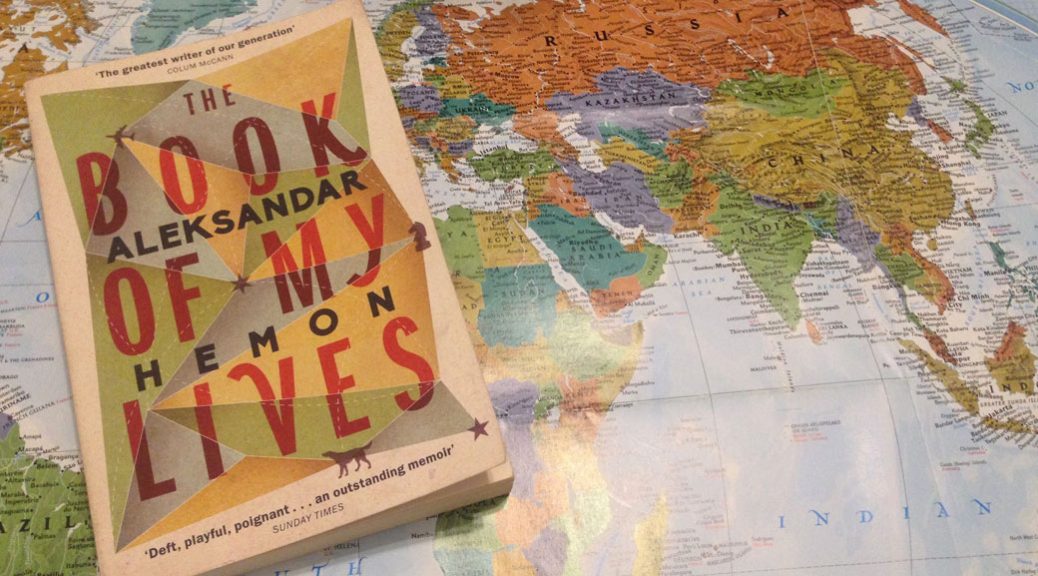This reading challenge is not about favourites. After all, the forms and styles of each book range greatly, from fiction to non-fiction, from magic realism to historical adventure, from short stories to novels. But it’s not a question of quality or style when it comes to my favourite, but rather of impact. And the book that’s had the greatest impact on me in this challenge so far, is Aleksandar Hemon’s The Book of My Lives.
It was a title I picked up at an Exclusive Books warehouse sale – a sale housed in a cavernous building, lined with tables groaning under the weight of endless titles. What I would normally pay for one book in their retail stores, got me three books for my challenge, amongst them Hemon’s book, which I bought for Bosnia and Herzegovina.
What do I know of this country’s turbulent history? Precious little, as so many of the people the author encounters when he inadvertently finds himself living outside of his war-torn homeland. I was a child at the time of the Bosnian War, and all I remember about it is a country called Yugoslavia and a movie called Welcome to Sarajevo.
But the picture Hemon paints of Bosnia is not a mere bleak sweep of history. He fondly recalls time spent with friends and family, drinking coffee, and reading books; and revels in memories of his favourite foods – from the Bosnian dish, ćevapi, to a long-relished recipe for borscht from his Austro-Hungarian ancestors. When I was in Berlin earlier this year, I was lucky enough to be invited to the Deutsches Theater. There I watched four Eastern European plays – including a Bosnian piece by Lejla Kalamujić titled Ogress, or How I Killed My Family.
Each piece was performed in a different part of the theatre, and for the last performance (a Ukrainian-Russian piece called The Book of Tasty and Healthy Food), the whole audience gathered in the dining room to drink vodka and eat borscht. It was a night I’ll never forget, as people from all over the world – as well as the actors and directors of the various plays – gathered around communal tables to enjoy food, theatre, and company. Hemon’s book celebrates simple joys such as these, that we so often take for granted.
While the book may centre around war and its horrors, it also reminds us of war’s eternal irony: that it brings forth not only the worst of humanity, but also the best. And it is in the book’s bleakest, most heartbreaking moments, that hope and faith in the best that we can be are restored.
